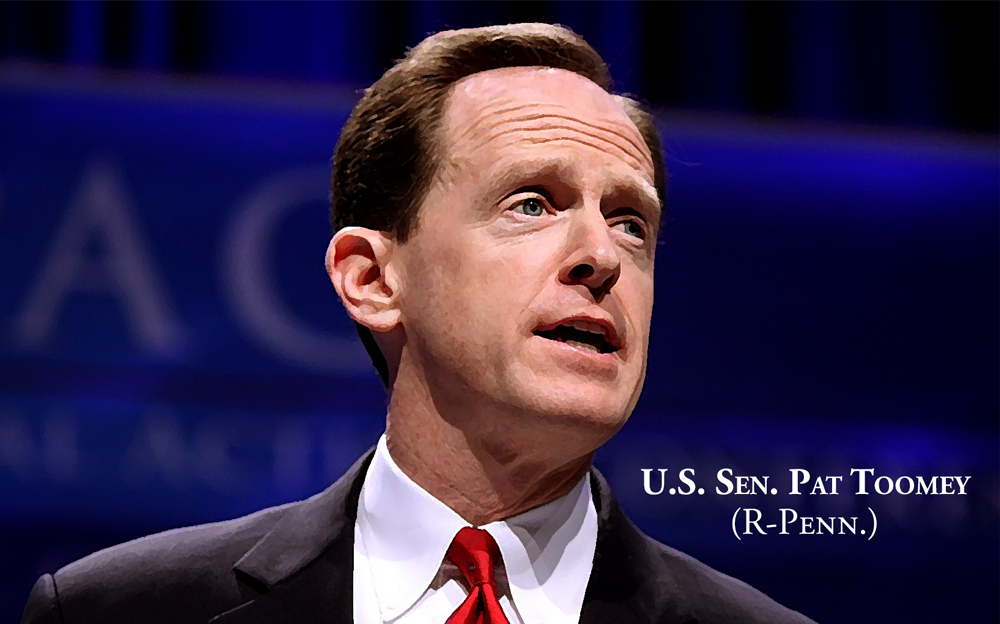“By law, we have one job,” Rep. Tim Burchett (R‑Tenn.) asserted the last time he opposed the “continuing resolution” (CR) on the federal budget.
What is that “one job”? It is “to pass twelve appropriations bills and a budget. We aren’t doing that, which is why we are $33 trillion in debt.”
You noticed the typo. But it wasn’t. Sure, $33 trillion isn’t right. Yesterday, the official public debt of the federal government was $36.6 trillion, with just a smidge of rounding up. Those first two paragraphs are from 2023; one can almost cut and paste old copy about Washington’s CR fiascos and place them in new pieces and get away with it, clean.
On Tuesday, the House passed a continuing resolution to keep the federal government chugging along, with its usual substitute authorization for spending rather than a real budget.
In another old Common Sense column from right before Christmas, I celebrated the possible “torpedoing” of a CR, and its replacement with a more modest one — but what about the CR that now heads for a Friday vote in the Senate?
The resolution cuts $20 billion from IRS enforcement, $7 billion from fiscal year 2024 levels, $13 billion in non-defense discretionary spending but added $6 billion to defense. Last year’s earmarks were nipped, but what’s happening with USAid is less clear. Secretary of State Marco Rubio says that “83% of programs” have been closed in the agency; Elon Musk declares that “the important parts of USAID should always have been with Dept of State” — but that plan is not implemented in this CR.
Meanwhile, Rep. Thomas Massie was the sole Republican No vote, continuing his dissent: “Congress just locked in a large portion of the Biden agenda for the first nine months of Trump’s presidency.” And then Trump threatened to primary him!
Massie is up against Republicans who think the resolution’s cuts are big enough. And Democrats who think they are way too big.
This is Common Sense. I’m Paul Jacob.
Illustration created with Krea and Firefly
—
See all recent commentary
(simplified and organized)








